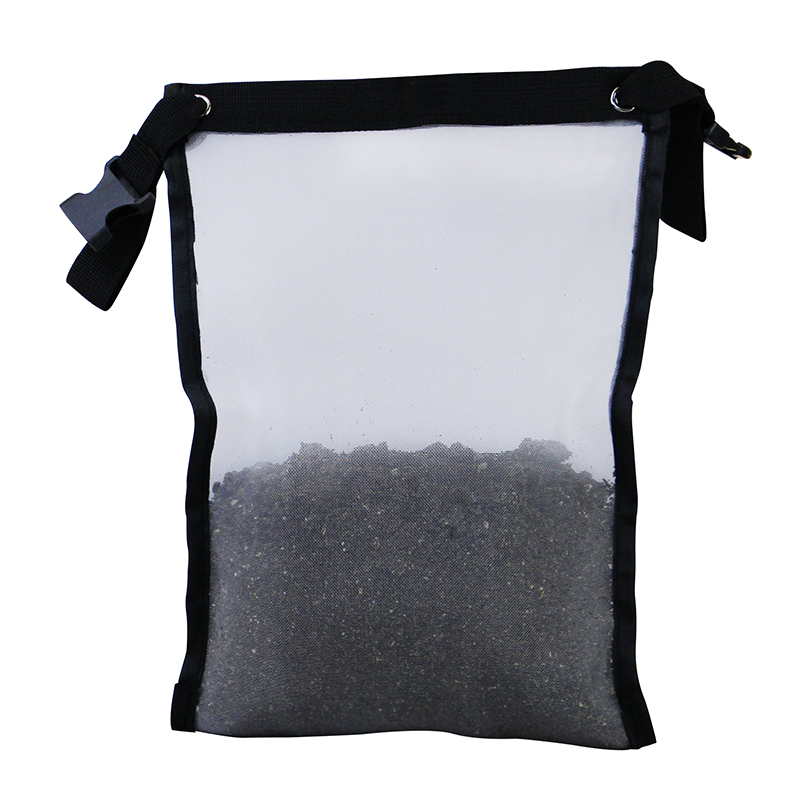compost tea bag
- Blog
- compost tea bag
ginger tea
So, I’ve been messing around with this whole compost tea bag thing, and let me tell you, it’s been quite the ride. I heard that you could use old tea bags in your compost, and I thought, “Why not give it a shot?”
First off, I started collecting my used tea bags. I’m a big tea drinker, so this part was easy. Every morning, after brewing my cup, I’d just toss the used bag into a little container I set aside on the counter. I also grabbed some other stuff for the compost bin, like leftover fruit and veggie scraps from cooking and some dried leaves I raked up from the yard.
Then, I got to work on the actual composting part. I layered the tea bags with the kitchen scraps and the leaves in my compost bin. It was like making a weird, earthy lasagna. I read somewhere that you’re supposed to have a mix of “green” and “brown” materials for a good compost, so I tried to keep that in mind. The tea bags, along with the kitchen scraps, are considered “green,” and the dried leaves are “brown.”
After a few days, I could see that the tea bags were breaking down. But I noticed something odd. They weren’t completely disappearing. Turns out, some tea bags have this plastic stuff in them called polypropylene, and that doesn’t decompose. Who knew, right? It’s kind of a bummer because I was trying to be all eco-friendly and stuff. We’re talking about millions of cups of tea daily, so you can imagine the amount of plastic that could end up in the environment.

Anyway, I kept at it, turning the compost every week or so. Over time, most of the organic stuff, including the tea leaves themselves, broke down into this rich, dark compost. I had to pick out the little bits of plastic that were left from the tea bags, which was a bit of a pain, but it’s just a little extra work. I also learned that tea leaves are pretty good for the compost because they have a decent amount of nitrogen in them. Apparently, it’s around 4.4%, along with a bit of phosphorus and potassium.
In the end, I got some pretty decent compost out of it. It wasn’t perfect, but it was definitely an interesting experiment. I used it in my garden, and my plants seem to be doing okay, so that’s a win. I think I’ll keep using tea bags in my compost, but I might try to find ones that don’t have any plastic in them. It’s all about learning and trying to do better, right?
© Copyright 2025 Qianwei Tea | Theme developed by sitemap